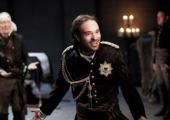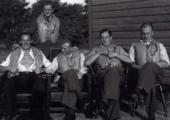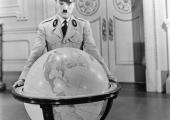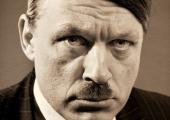Q&A Special: Actor Derek Jacobi

As he takes on Lear, the actor knight recalls a long and glorious career
Derek Jacobi (b 1938) grew up in Leytonstone. His father was a tobacconist, his mother worked in a department store. Although he entered the profession in the great age of social mobility in the early 1960s, no one could have predicted that he would go on to play so many English kings - Edward II, a couple of Henry VIIIs and Shakespeare’s two Richards - as well as a Spanish one in Don Carlos. This month he prepares to play another king of Albion: Lear, against which all classical actors past a certain age must finally measure themselves.






